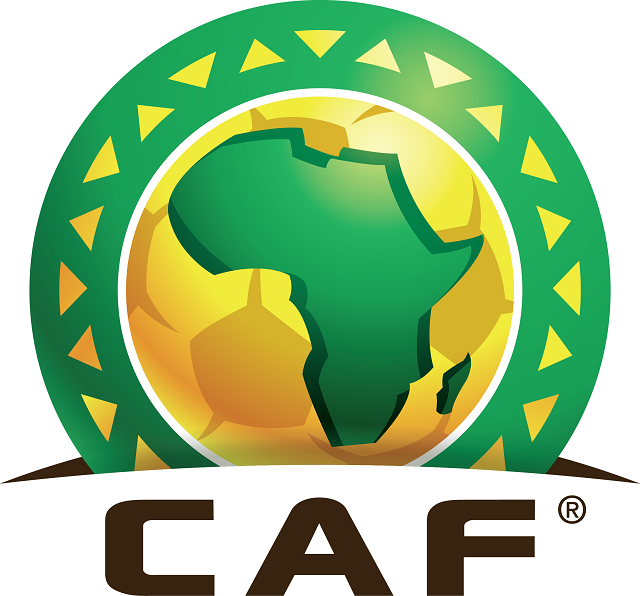META: Not everyone is entirely ready for CAF, since a good number of players are sitting in the UK, wishing to be part of the action. Read on for all the details.
The Africa Cup of Nations is set to take place in early January as it does every year, and everyone is ready. Fans are taking notes, ready to place bets, visitors are buying their tickets, and football managers are begging UK government officials to let their players come home.
That’s right. Not everyone is entirely ready, since a good number of players are sitting in the UK, wishing to be part of the action. Read on for all the details.
IMAGE: https://pixabay.com/photos/cape-town-stadium-aerial-helicopter-5109731/ (Pixabay)
What is CAF?
The Africa Cup of Nations, or CAF, or AFCON, is the biggest football championship in the county, which sees all the African nations’ teams competing for the cup. First held in 1957 with only three competing nations, the championship has evolved from just Egypt, Sudan and Ethiopia having a kickabout to the 24 teams all competing for the biggest title in the county.
Egypt, Ghana, and Senegal are the favourites to win this year, with bookies giving them 9/2, 13/2 and 7/1 odds respectively. If things went well for Egypt, it would be their 8th win, but the defending champions are Algeria who, according to the pundits, will be a tough nut to crack.
These games also serve as qualifiers to the FIFA World Cup, which this year will be held in Qatar and will see countries from around the world compete for the World Cup.
So, it’s kind of a big deal. Visitors come from all over the world to see their team compete, bringing in a lot of money to the hosting country, and teams consider it the biggest win of the year, so they would typically like to be there to play. If you would like to get involved in all the CAF action, check out 10bet Zambia for all the odds and coverage of the latest games. 10bet Zambia is the platform’s latest and greatest launch, with a lot of offers to take advantage of, including 50 loss coverage on net losses and 300,000 ZMW jackpot to be won.
What’s happening?
As of writing this in early November, a few key players are still in the UK, and there is no sign of that changing anytime soon. UK travel restrictions have caused key African players to be stuck with their UK teams, mostly playing in the British Premier League.
Travel restrictions, broken down into a green, as in “go” and red, as in “stop” list, feature a lot of African nations in its red list, meaning that there are no legal means of travelling to the country. This is obviously becoming distressful for organisers of the event, who brought to light on Monday August 23rd that they had no means of transporting Liverpool FC’s Mohamed Salah, who was wanted to play for Egypt. Almost 60 players competing for 26 red list countries are said to be affected.
In a statement aimed at the British government, CAF called for urgent action, saying that it is important for African players to compete.
And they are not the only ones asking. FIFA themselves, the world football’s governing body, has also written a letter to the UK government asking for the release of these players, saying that the release of the players listed is “a matter of great urgency”.
Soon there will be a new bet at 10bet DRC: will the players make it to the games at all?
What does the government say?
The UK government was quick to wave away the pleas of the CAF and FIFA, saying that the decision to keep players where they are, stems from keeping the players and the public safe.
As fans point at the Euro 2020 games, shouting about hypocrisy, the UK government has pointed out that the players of the Euro 2020 games were contained within their own specific bubbles, with every care taken to ensure they did not harm themselves or anyone else.
They have since suggested that CAF adopt the approach the government took with the Euro 2020 games, which FIFA president Gianni Infantino appears to be open to, saying in his open statement that he would encourage a similar approach.
However, the government seems to be holding firm. A spokesperson for the Department for Digital, Culture, Media & Sport said that they had made their position clear to FIFA and that their existing policy will remain in place,” and adding that they “have no plans to change that policy. »
With the CAF games approaching in January, and still no movement from the players or the government, it will be interesting to see who shows up to the games. The CAF games will run from January 9th.








































